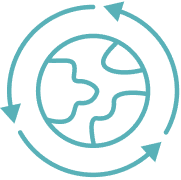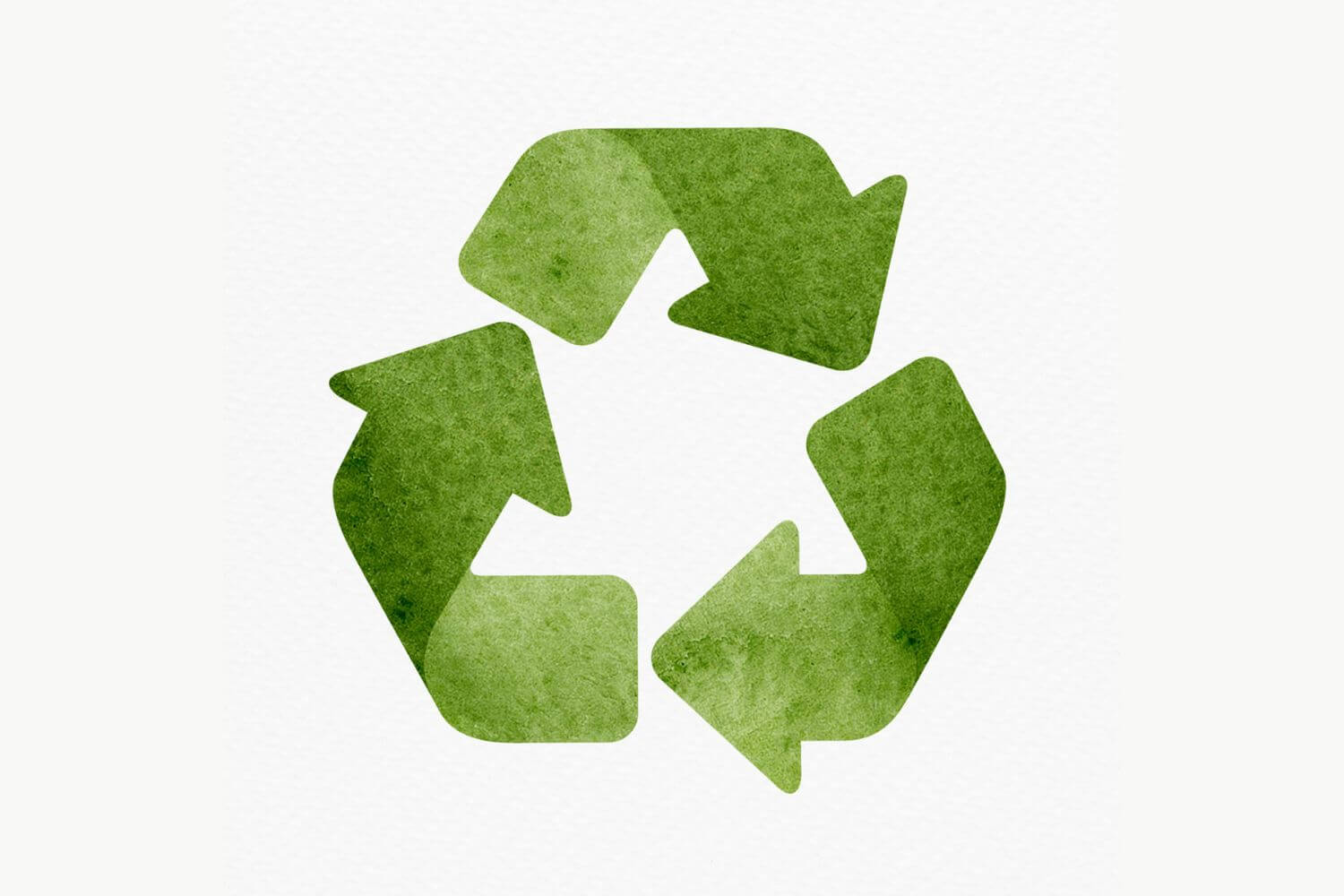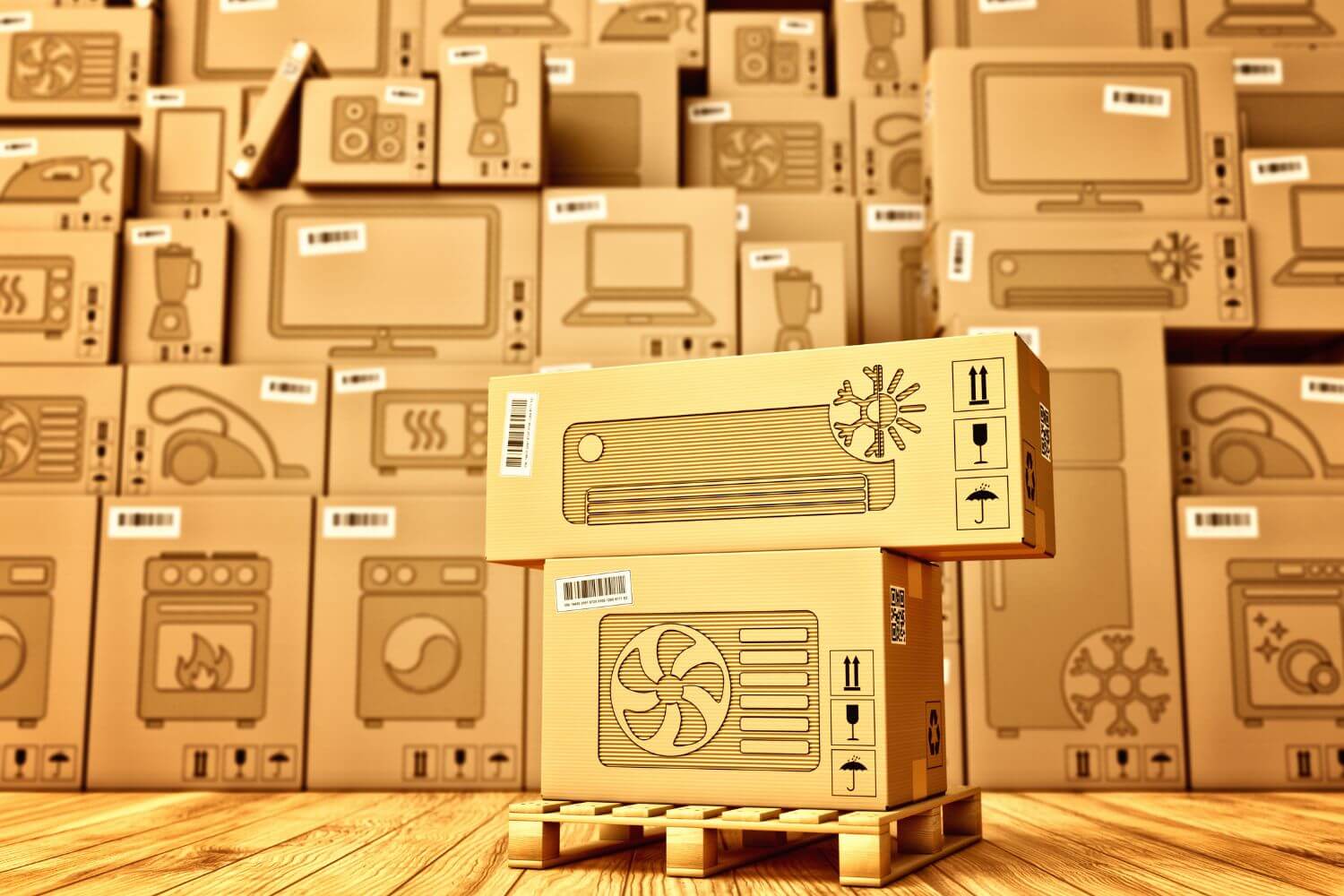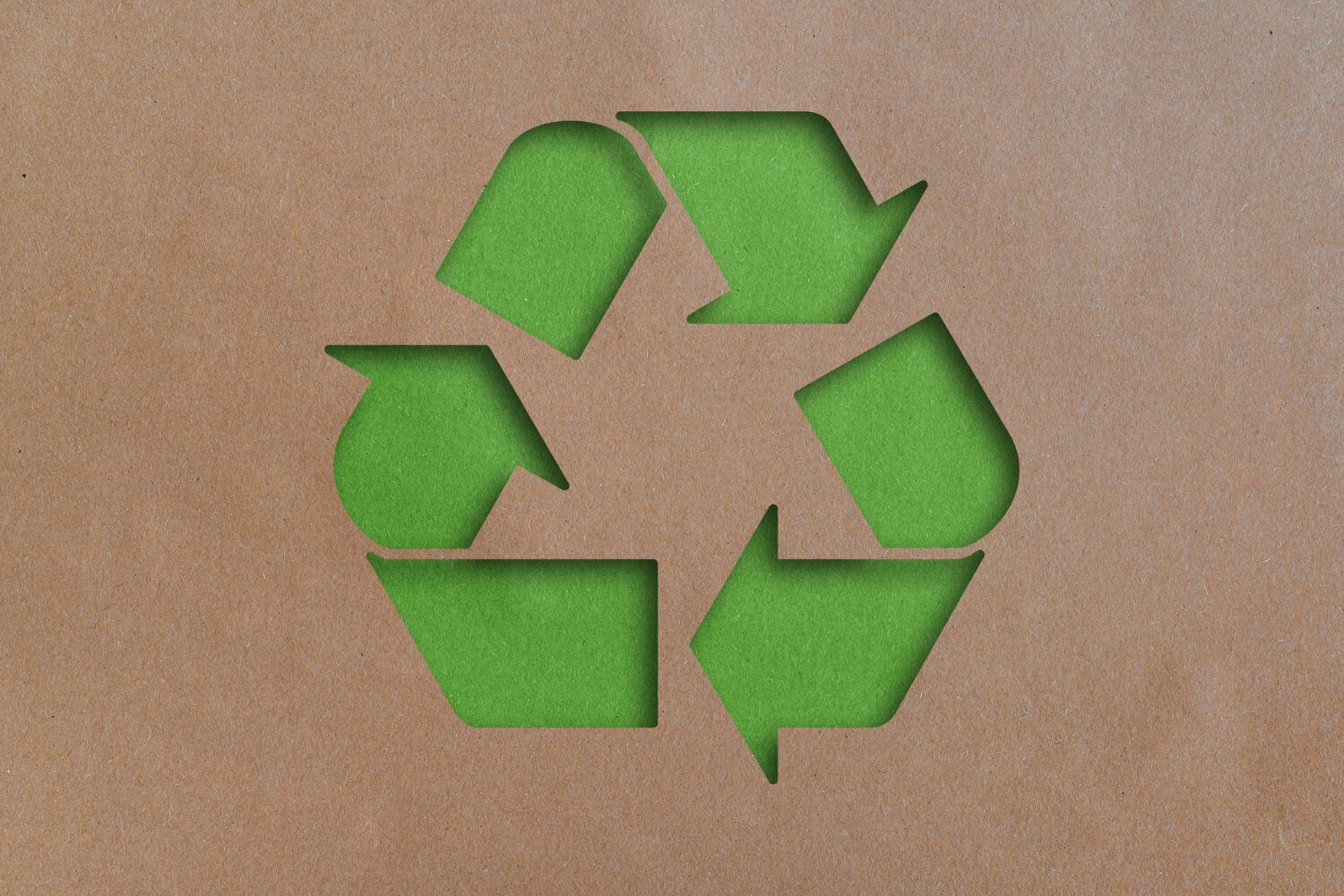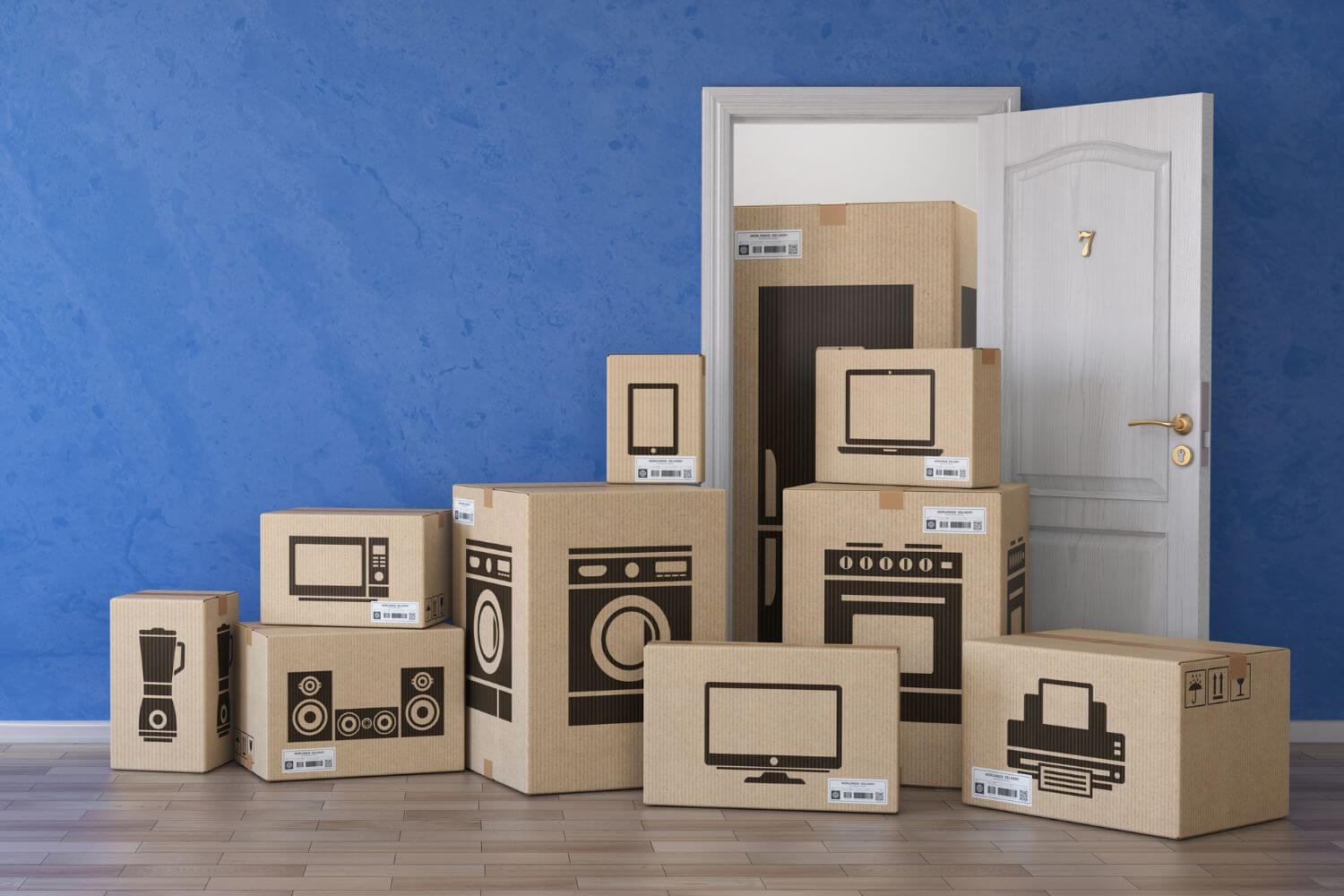Re-use and repairability
On 2 December 2015, the European Commission published its first action plan for a circular economy. Under the aegis of the European Green Deal, the Second Circular Economy Action Plan emerged on 11 March 2021, further developing the previous targets and in line with the ambition of carbon neutrality by 2050.
Although the life-cycle approach, taking into account the full environmental impact of the whole life-cycle of a given product (i.e. its production, use and transformation into waste), has been an important aspect in the past decade, this linear model will be “rounded off/cowered” in the future, with better product design facilitating the work of waste processing operators and a greater focus on better recovery of secondary raw materials derived from waste processing and their more active recycling into production processes.
However, under the aegis of the circular economy, not only better product design and more efficient waste management are objectives, but also the actual prolongation, extension of the use phase of products, in other words, the reuse of products is an important and key element of the circular economy.
Re-use centers have been operating in many countries in Western Europe for decades. These centers typically employ disadvantaged workers to clean, repair and sell old or discarded utility objects that come to them.
These organizations were born out of socio-economic needs: they typically have a social purpose, both in terms of their circle of employees and their target customers.
One would think that in Hungary, where in terms of financial and economic opportunities we are perhaps still lagging behind Western Europe, there is a much greater need for this kind of activity, this equipment supply channel…
If we have a look at domestic practice, we observe that in Hungary, for some reason, these “reuse-centers” have not been established.
Fanni Mészáros, company manager of APPLiA Hungary, in her 2017 SZTE thesis was seeking answers to the question why these organizations were not established earlier in Hungary, and what challenges we should face if we want to meet the legislator’s objectives in the implementation of the circular economy of electronic appliances, especially the reusability and preparation for reuse of equipment.
Regarding domestic re-use opportunities, APPLiA Hungary has summarized its proposal in its comments to the National Waste Management Plan 2021, which also includes support for repair practices.

